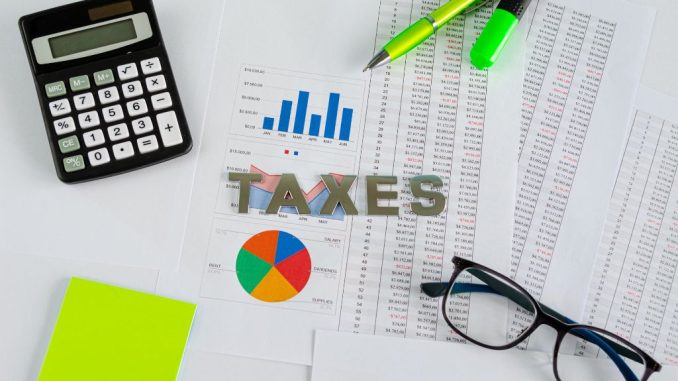
Taxes on low income play a crucial role in funding government programs and services, but their impact varies significantly across different income levels. Low-income individuals often bear a distinct burden when it comes to taxation, and understanding the nuances of this impact is essential for fostering an equitable tax system. In this article, we will delve into the challenges faced by those with lower incomes and explore potential solutions to address their tax-related concerns.
READ MORE: Tax Low Income: A Simple Guide for Those with Limited Income
The Tax Burden on Low-Income Individuals
1. Regressive Nature of Some Taxes on Low Income
One major concern for low-income individuals is the regressive nature of certain taxes. Sales taxes, for instance, take a higher percentage of income from lower-income households than from higher-income ones. This regressive structure can contribute to a disproportionate burden on those already struggling financially.
2. Payroll Taxes on LowIncome Workers
Payroll taxes, which fund programs like Social Security and Medicare, can also impact low-income workers significantly. Since these taxes are typically a fixed percentage of income, they may represent a more substantial portion of a lower-income individual’s earnings, leaving them with less disposable income.
3. Limited Access to Tax Credits
Tax credits, designed to provide relief to low-income individuals, are not always easily accessible. Some may not be aware of the credits available to them, or they may face barriers in claiming them due to the complexity of the tax code. This results in missed opportunities for much-needed financial support.
Addressing the Challenges
1. Progressive Tax Reforms
Advocating for progressive tax reforms can help alleviate the burden on low-income individuals. Implementing a tiered system that taxes higher incomes at a proportionally higher rate can ensure a fair distribution of the tax burden.
2. Enhanced Education and Outreach
Improving education and outreach programs can empower low-income individuals to take advantage of available tax credits. This can be achieved through community workshops, online resources, and partnerships with local organizations to ensure that everyone is aware of the financial assistance they may be entitled to.
3. Policy Initiatives to Protect Vulnerable Populations
Governments can introduce policies that specifically target the financial well-being of low-income populations. This may include targeted tax relief measures, such as expanded Earned Income Tax Credits (EITC), designed to provide substantial support to individuals and families with modest incomes.
READ MORE: Unlocking Opportunities: Understanding Low Income Tax Credit Housing Programs
Conclusion
Taxes on low income individuals pose unique challenges that require careful consideration and targeted solutions. By addressing the regressive nature of certain taxes, enhancing access to tax credits, and implementing progressive tax reforms, policymakers can contribute to creating a fair and inclusive tax system that supports the financial well-being of all citizens, regardless of income level. It is crucial to continue the dialogue on tax equity to ensure that the burden of taxation is distributed equitably and that everyone has an opportunity to thrive economically.
READ MORE: Apartments for the Low Income: Affordable Housing Options for Those in Need


Leave a Reply